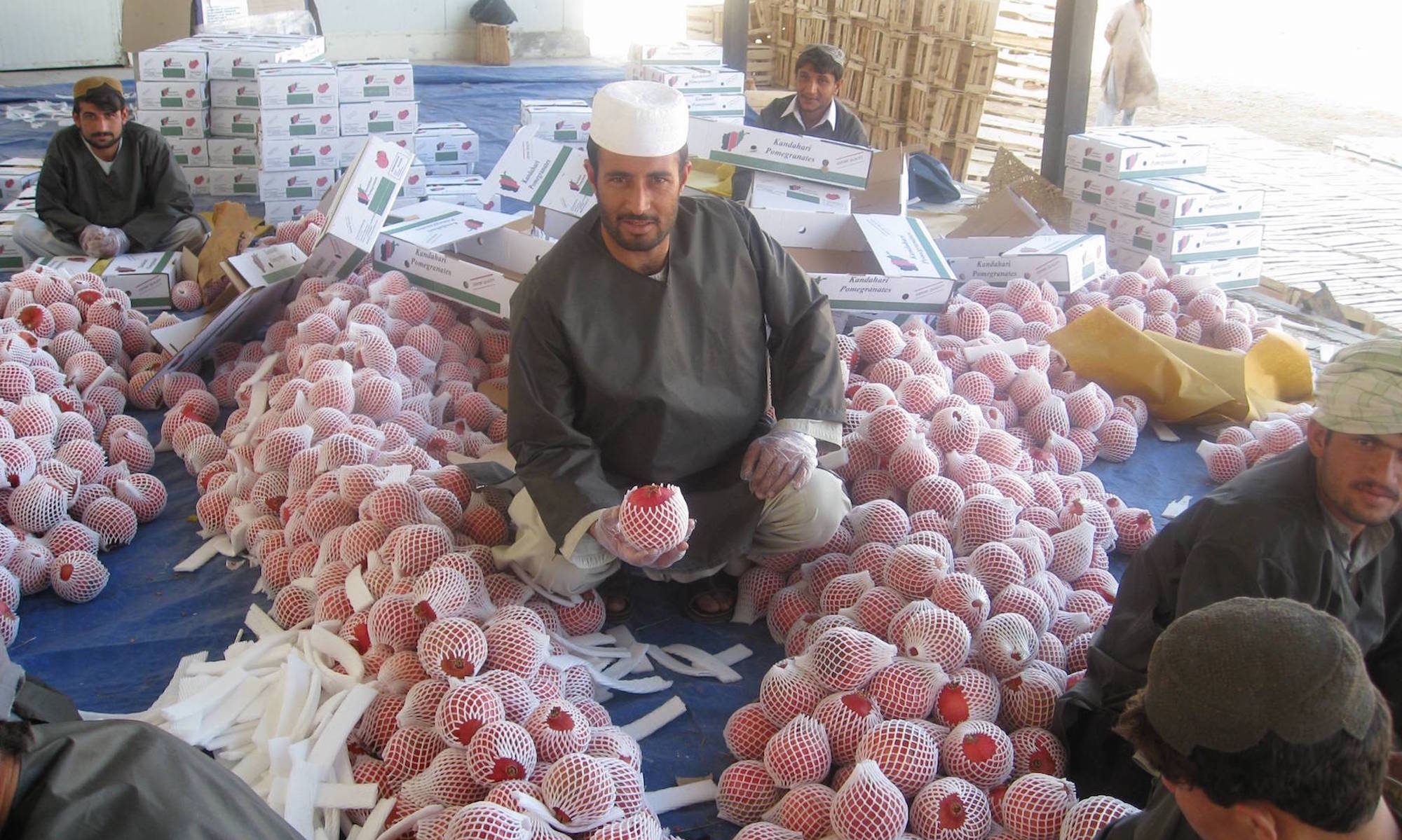War disciplines militaries: it forces them to refine, and sometimes revise, their tactics, techniques and technologies, or risk defeat in battle. Yet there is no theory of how militaries improve in war. This article develops a theory of military adaptation, which it applies to an analysis of the British campaign in Helmand from 2006 to 2009. Drawing on a wealth of primary sources (military plans, post operation reports and interviews), it shows how British brigades adapted different ways of using combat power to try and defeat the Taliban from 2006-07, and how from late 2007, British brigades have adapted a new population-centric approach that has focused more on influence operations and non-kinetic activities.
Lessons from Helmand, Afghanistan: what now for British counterinsurgency?
Organizing for Counter-insurgency: Explaining Doctrinal Adaptation in Britain and Germany
Why do allies not adapt evenly even in time of war? This article maps and explains differentiation in the development of the stabilization and counter-insurgency doctrines of the British and Germanmilitaries during deployment in Afghanistan. In doing so the study analyses the neglected issue of the organizational capabilities of the British and German militaries to develop and apply military doctrine that is appropriate to the exigencies of the contemporary operational environment. Drawing upon documentary analysis and semi-structured interviews, this article uncovers new empirical material on the institutional reforms which have been undertaken to strengthen the adaptability of doctrine and its application in operations. It finds that while the British military’s organizational capabilities were characterized by deficits at the tactical level between 2006 and 2009, recent years have seen significant improvement. In contrast, the organizational capabilities of the Germanmilitary remain stunted. While international structure is the main independent variable driving doctrinal adaptability, domestic variables exogenous to the military are the dominant intervening factor determining the development of effective organizational capabilities. Neoclassical realism provides the strongest analytical leverage in understanding the factors determining the capacity of militaries to adapt doctrine to the operational environment.
